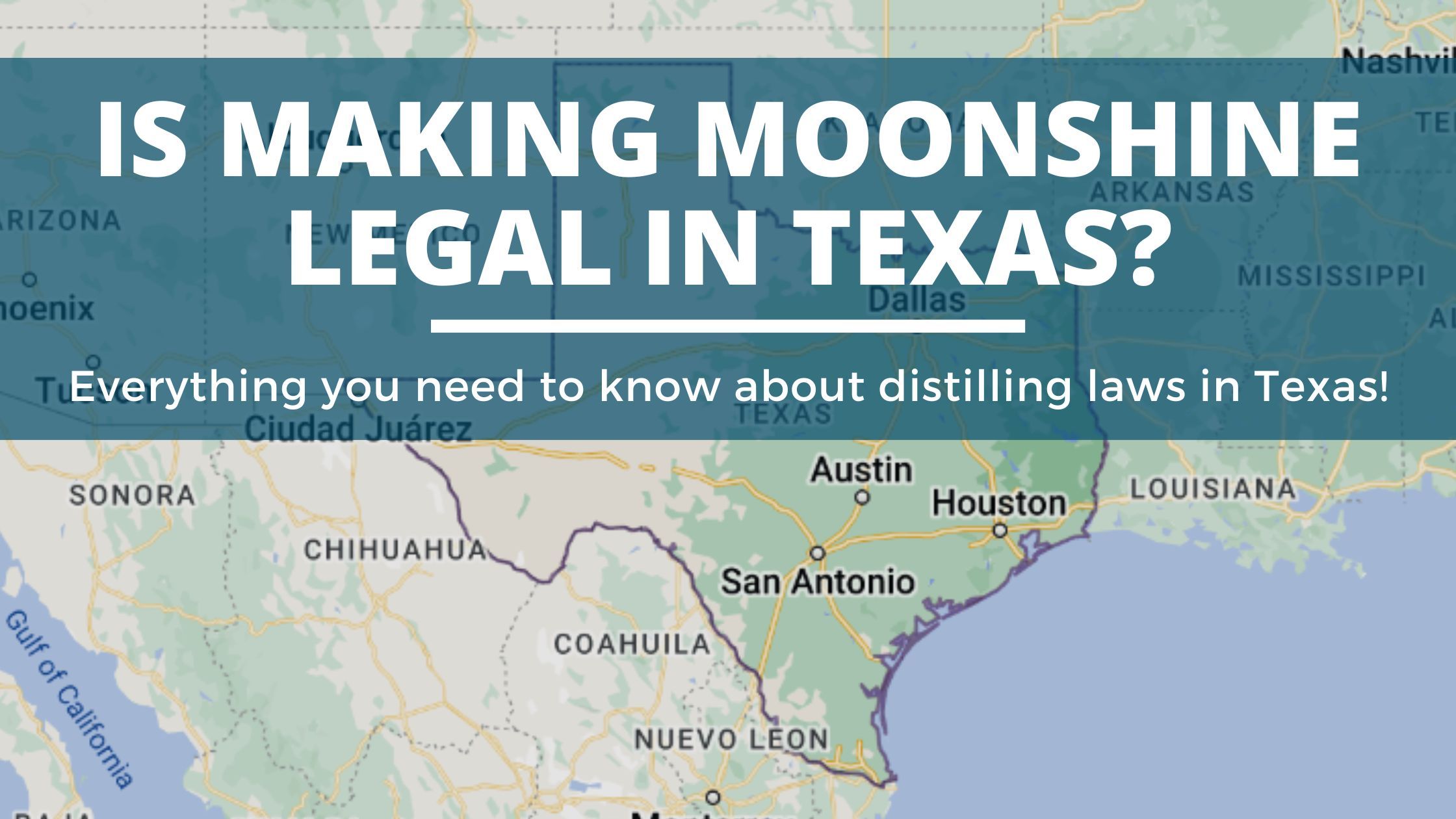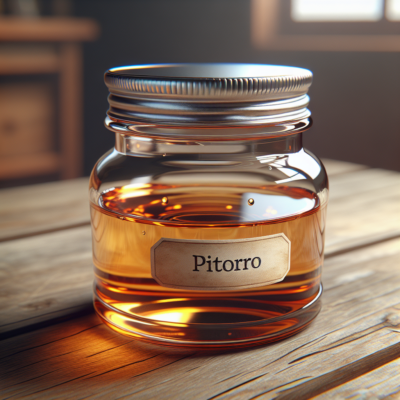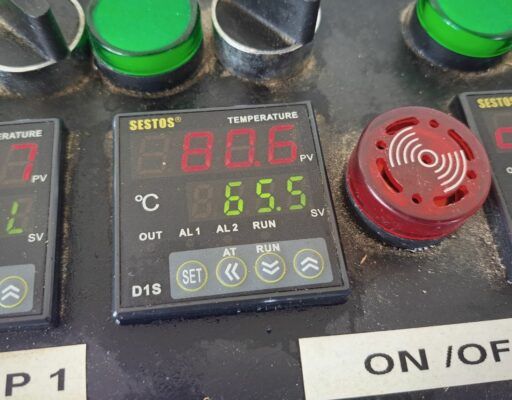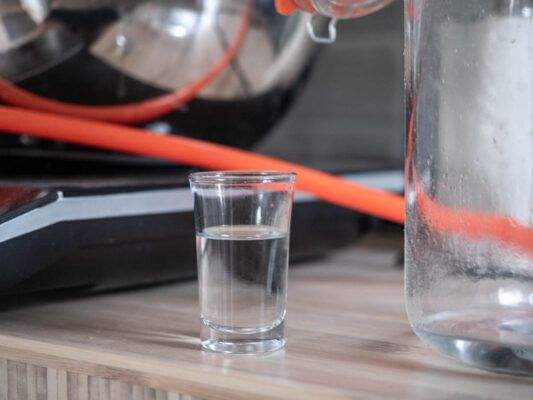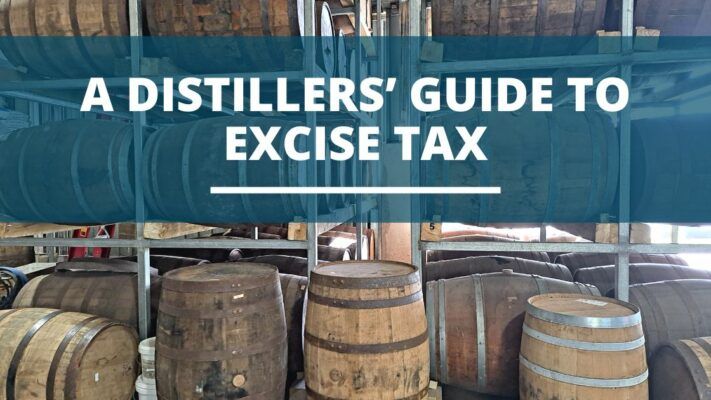Distilling 101, Legal
Is Making Moonshine Illegal In Texas? (Explained)
The state government has a legal monopoly in Texas, which means that you can’t legally make alcohol without getting the necessary permits and licenses. To understand the laws that govern the manufacturing of moonshine, carry on reading this article.
Table of Contents
What is Moonshine And Why Is It Called Moonshine?
Moonshine is alcohol that has been stored and produced illegally. Other names for moonshine include white whiskey and white lightning. The liquor can be prepared from any food that contains starch, although it is generally made from corn mash and sugar. The drink is called moonshine because it was frequently distilled at night so that moonshiners (producers of the drink) could manufacture it and not be detected by law enforcement.
Is Making Moonshine Illegal In Texas?
In Texas, distilling alcohol without a commercial license is illegal because it is untaxed. The same applies to selling or purchasing the equipment needed to make moonshine. Also, the manufacturing of moonshine is not regulated in any way, so it’s dangerous for the consumer because moonshiners can add methanol to increase the potency of the drink. When methanol is ingested, it can cause blindness and even death.
For a better understanding, here’s what the different laws have to say with regards to making moonshine in Texas.
State Laws
Section 130.02 of the Texas statutes prohibits you from legally owning a still (regardless of what you use it for) if you don’t have a commercial distilling license. This is because you can easily use the still to manufacture illegal alcohol. Also, you are not allowed to own, manufacture, and transport illegal alcohol. Or be in possession of equipment that manufactures illegal alcohol.
Federal Laws
According to federal laws, citizens can own and operate a still for non-alcoholic production. So, you can do the following with your still:
- Distill water.
- Produce essential oils and other products that do not contain alcohol.
- Produce fuel (as long as you have a license).
Alcohol Excise Taxes
To register your business for alcohol excise taxes, you’ll need to visit the Texas Alcoholic Beverage Commission (TABC) website and create an Alcohol Industry Management System (AIMS) account. From there, you’ll need to complete a “claim your business” form, and wait for AIMS to approve the request (it can take a few days for AIMS to approve the request).
Once the request is approved, you’ll apply for a license that’s appropriate for your business and get all the required certifications from your city, county, Texas Secretary of State, and Texas Comptroller of Public Accounts. Lastly, you’ll head back to the TABC website and register any additional users. According to TABC, it takes 45-60 days to get your license after the whole application process.
Alcohol excise taxes reports must be filed on or before the 15th of the following month for each reporting period (even if you didn’t conduct any business). If payment is due, you should mail a cashier’s check, money order, or company check to the Texas Comptroller of Public Reports. The payment should be accompanied by the report. The tax rates are stipulated in the table below.
| Class | Tax Rate Per Gallon | Tax Rate Per Container |
| Distilled Spirits | $2.40 | -– |
| Distilled Spirits (20ml-60ml containers) | — | $0.05 |
| Low wine (14% ABV and lower) | $0.204 | — |
| High wine (more than 14% ABV) | $0.408 | — |
| Sparkling Wine | $0.516 | — |
| Malt Beverage | $0.193548 | — |
Source: Texas Alcoholic Beverage Commission
What’s The Penalty For Distilling In Texas?
According to the Alcohol and Tobacco Tax and Trade Bureau (TTB), producing distilled spirits in a place that is not TTB-qualified to produce spirits (distilled spirits plant) is punishable by 5 years imprisonment, $10,000, or both.
Is Buying Moonshine Illegal In Texas?
Buying spirits from an unregistered business that does not have a commercial license is illegal in Texas.
Is Selling Moonshine Illegal In Texas?
Selling moonshine (or spirits) without a commercial license is illegal. If you have a distillers license, you can sell a limited amount of products to customers at the distillery for on-premise (limited to 3000 gallons per year), and off-premise (two 750 ml bottles per customer per month).
Is It Illegal To Own A Still In Texas?
Owning a still is illegal in Texas (regardless of what you use it for) if you don’t have a commercial distilling license. This is because you can easily use the still to manufacture illegal alcohol.
Is Homebrewing Beer And Wine Illegal In Texas?
Homebrewing beer and wine are not illegal in Texas. The only conditions for brewing your own malt, beer, ale, or wine are that you produce 200 gallons (909 liters) per year. If you’re found brewing more than 200 gallons of wine or beer, tax will be imposed on your production.
How To Get A Distilling Permit In Texas
To apply for a distilling permit, you need to visit the Texas Alcoholic Beverage Commission (TABC) website. Within the website, you’ll be directed to the Alcohol Industry Management System (AIMS) page where you will fill in your details and make payment as directed.
Applying on the AIMS page is usually the quickest way to apply for a permit. Alternatively, you can fill in the form and mail it to the TABC offices together with the required payment. The permit costs $3,000 and it takes approximately 45-60 days to get the permit.
Conclusion
Moonshine is illegal in Texas because it is untaxed and there are laws that govern the making of the drink. Anyone caught making illegal spirits like moonshine can face fines or even jail time. With so much riding on the line, it’s not a risk worth taking. If you want to start a distillery, there are permits and precautions to take into account. But the good news is you can legally make beer, wine, ale, or malt at home, which you can happily enjoy without putting your life at risk.
Sources:

